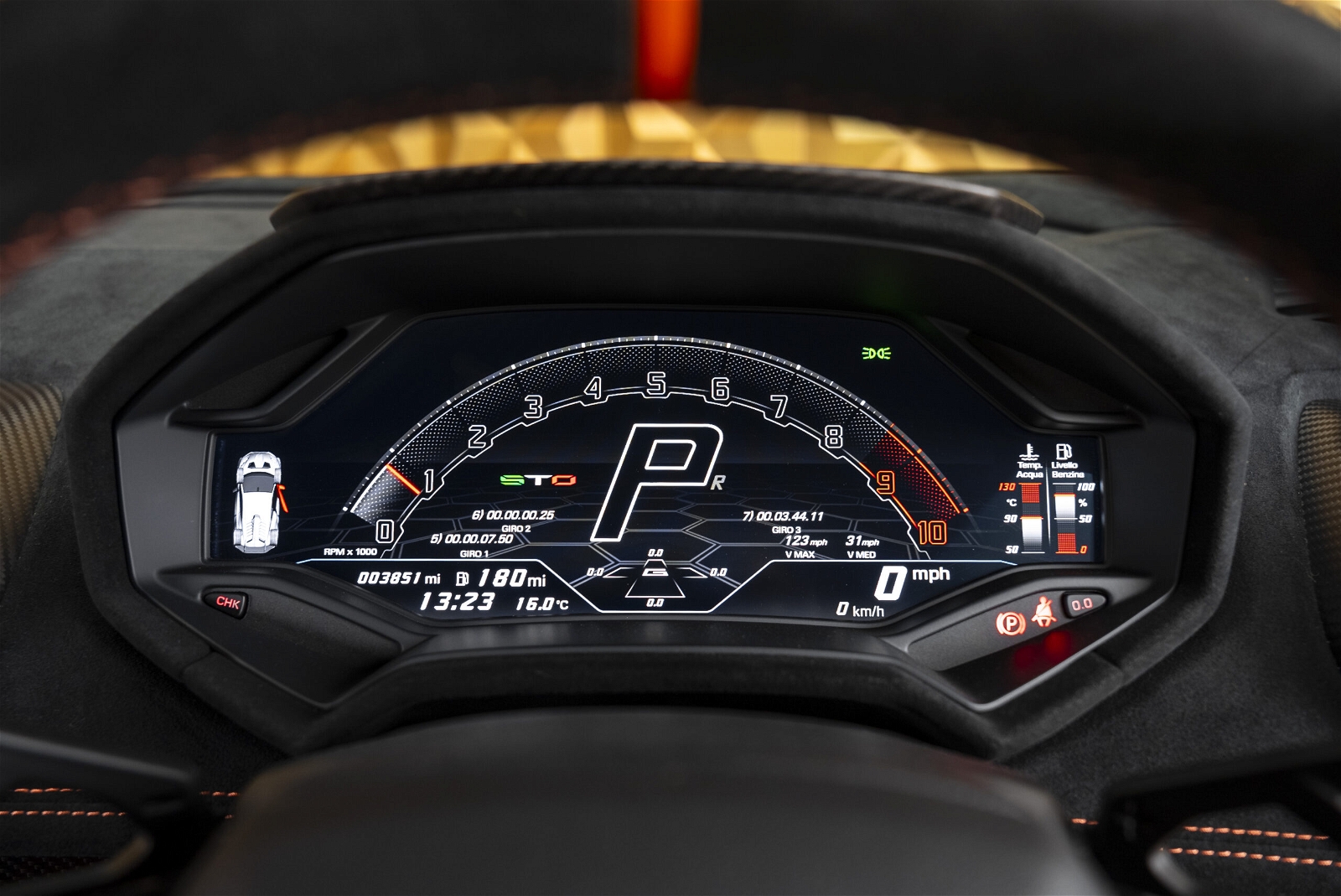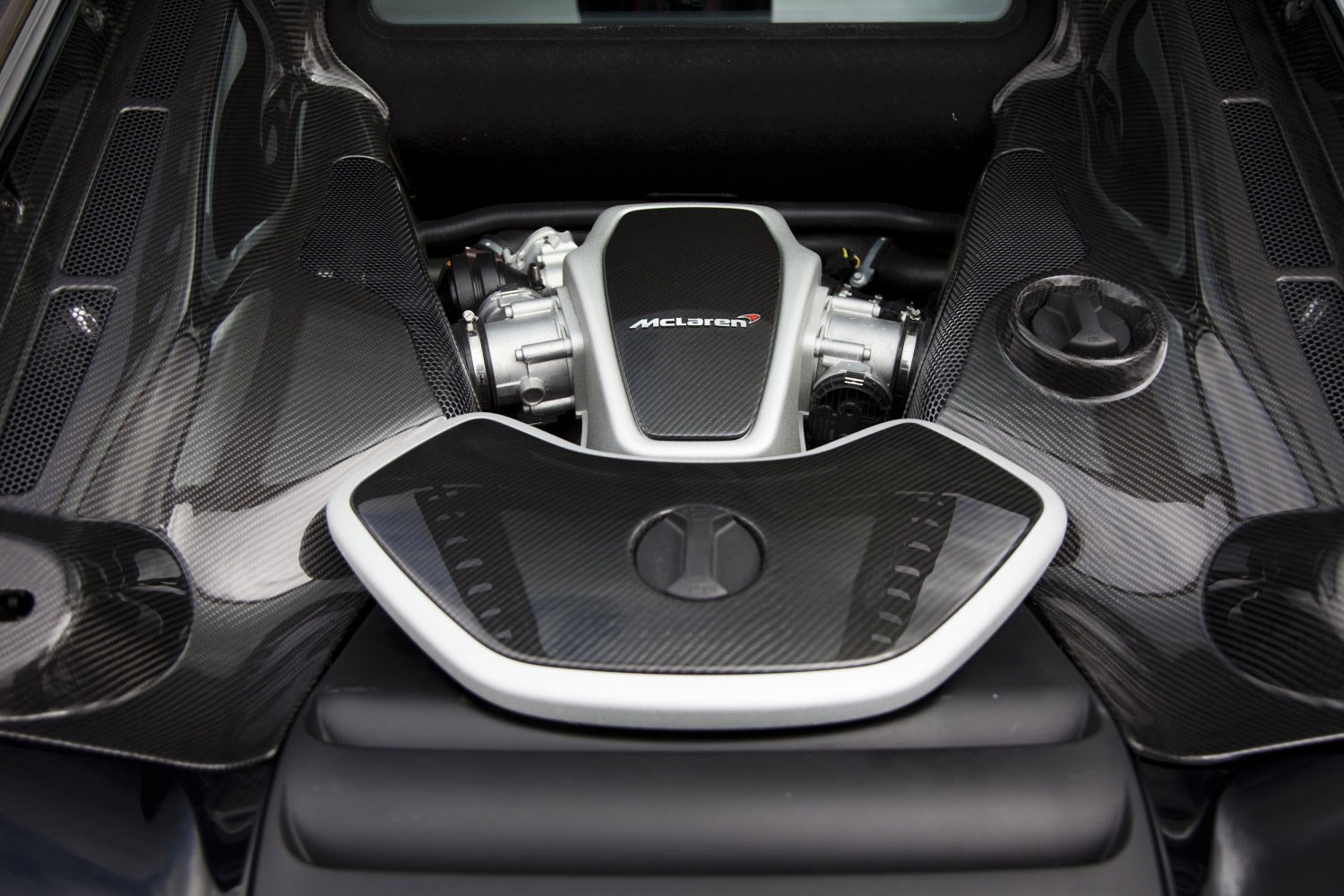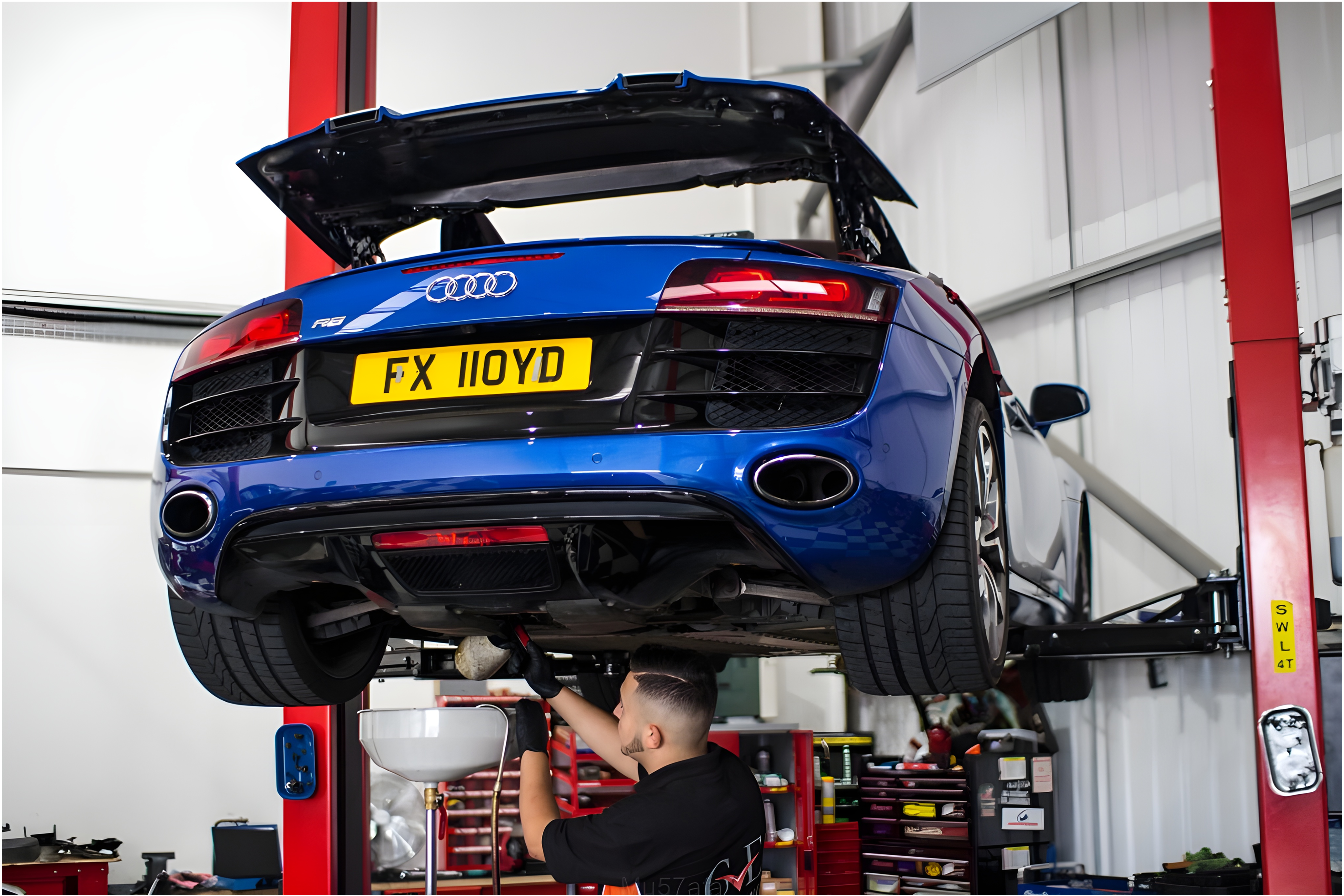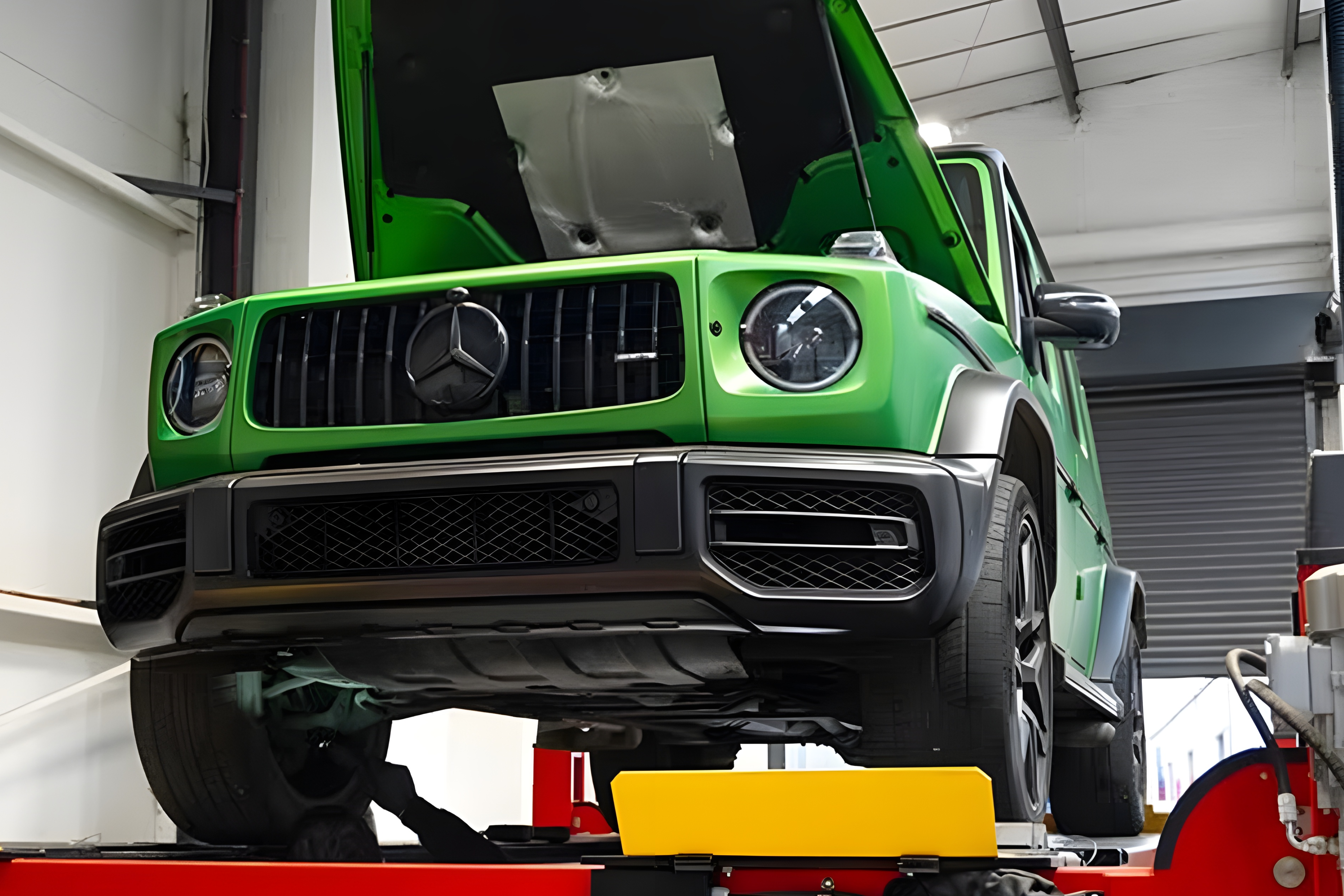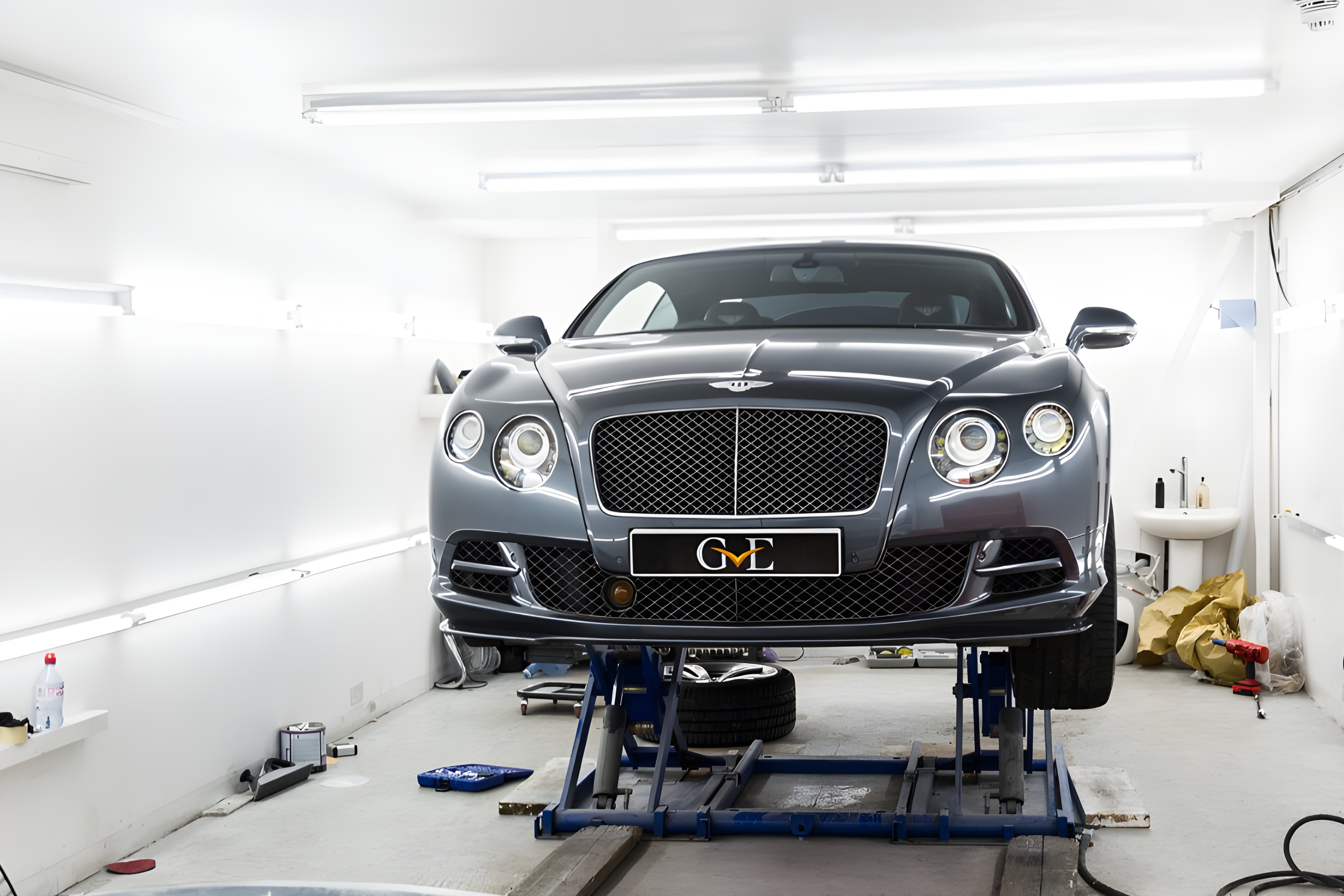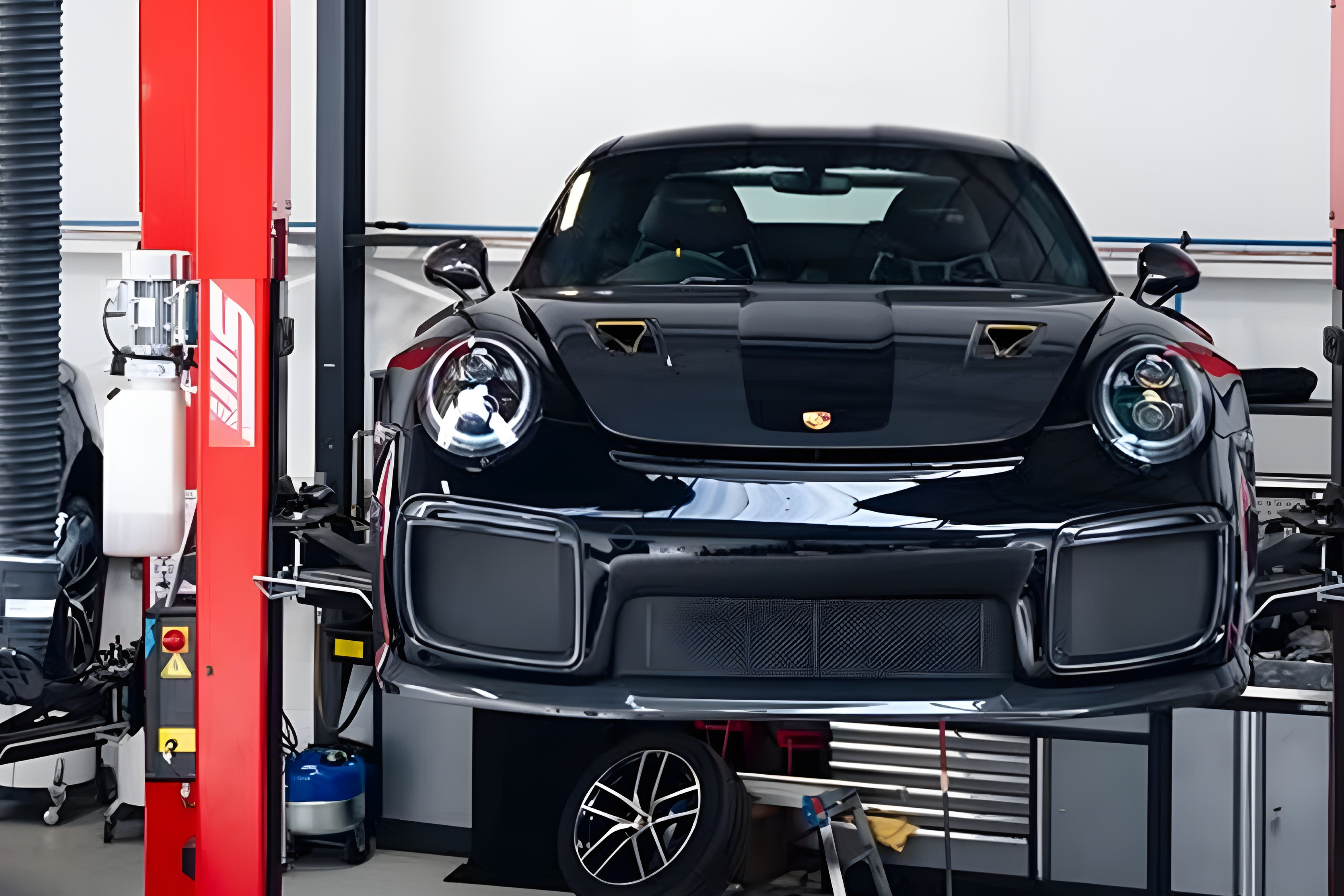
Supercar Brake Maintenance: What You Need to Know
Discover essential tips for maintaining your supercar’s brakes with precision and care. From recognizing signs of wear to understanding when professional assistance is needed.
Maintaining your supercar’s brakes is paramount for both performance and safety. Neglecting brake maintenance can lead to decreased stopping power, compromising your ability to control your vehicle, and potentially causing accidents. In this guide, we’ll delve into the importance of brake maintenance, understanding the components of supercar brake systems, and recognizing signs of wear and damage.
Importance of Brake Maintenance
Brakes are the most critical safety feature of any vehicle, especially in high-performance supercars where speed and agility are paramount. Regular brake maintenance ensures that your supercar can stop quickly and effectively, enhancing both performance and safety on the road.
Neglecting brake maintenance can result in decreased stopping power, longer braking distances, and potential brake failure, putting you and other road users at risk.
Understanding Supercar Brake Systems
Supercar brake systems are sophisticated and engineered for high performance. They typically consist of components such as calipers, rotors, pads, and brake fluid. Carbon-ceramic brakes, commonly found in supercars, offer exceptional performance and durability, while steel brakes are more affordable and suitable for everyday driving.
Understanding the differences between these brake systems can help you make informed decisions about maintenance and upgrades for your supercar.
Signs of Brake Wear and Damage
Identifying signs of brake wear and damage is essential for ensuring your supercar’s safety and performance remain uncompromised. Here’s what to watch out for:
1. Unusual Noises:
Squealing or grinding noises when applying the brakes indicate worn brake pads. These noises can result from the brake pad’s wear indicator rubbing against the rotor, signaling it’s time for replacement.
2. Pulsating Brake Pedal:
If you feel a pulsating sensation in the brake pedal when applying pressure, it could indicate warped brake rotors. Warped rotors can lead to uneven braking and compromised stopping power.
3. Reduced Responsiveness:
A mushy or spongy brake pedal, or a delay in braking response, suggests air in the brake lines or worn brake components. This issue can compromise your ability to stop quickly and safely.
4. Visual Cues:
Inspect the brake pads for thickness. Worn brake pads will have significantly reduced material, often less than 3mm thick.
Uneven rotor surfaces, indicated by grooves or scoring, can affect braking performance and should be addressed promptly.
Look for leaks around the brake lines or calipers, which could indicate a brake fluid leak and require immediate attention.
Addressing these signs promptly through regular inspections and maintenance can prevent further damage and ensure your supercar’s brakes operate at their best. If you notice any of these signs, consider seeking professional assistance from GVE London’s experienced technicians to address the issue effectively and maintain your supercar’s safety and performance.
Routine Brake Inspections
Regular brake inspections are essential for identifying potential issues before they escalate. The frequency of inspections will depend on factors such as mileage and driving habits, but a general rule of thumb is to inspect your brakes every 10,000 miles or annually. During a comprehensive brake inspection, technicians will visually inspect the brake components, measure pad thickness, check for leaks, and analyze the condition of the brake fluid.
Brake Fluid Flush and Replacement
Brake fluid is critical for transferring the force from the brake pedal to the brake calipers, ensuring smooth and efficient braking. Over time, brake fluid can become contaminated with moisture and debris, leading to brake fade and corrosion within the brake system. Regular brake fluid flushes are necessary to maintain optimal brake performance and prolong the life of your brake components.
This process involves draining the old brake fluid from the system, flushing it with fresh fluid, and bleeding the brakes to remove any air bubbles.
By prioritizing brake maintenance and addressing any issues promptly, you can ensure that your supercar remains safe and performs at its best. For professional brake maintenance and servicing, trust the experts at GVE London to keep your supercar’s brakes in top condition.
Rotor Maintenance and Machining
Rotors are essential components of the braking system that require proper maintenance to ensure smooth and effective braking. Over time, rotors can develop uneven surfaces due to wear and tear, leading to brake pulsation and reduced braking performance. Resurfacing or machining is a common technique used to restore the smooth braking surfaces of rotors. During this process, a thin layer of metal is shaved off the rotor’s surface to remove imperfections and restore uniformity. However, it’s essential to note that rotor machining has its limitations. If the rotor thickness is below the minimum specification or if it has significant damage, machining may not be possible, and rotor replacement becomes necessary to ensure safety and optimal performance.
Performance Upgrades and Aftermarket Options
For supercar enthusiasts looking to enhance their vehicle’s braking performance, there is a wide range of aftermarket options available. Performance-oriented brake upgrades, such as larger rotors, high-performance brake pads, and upgraded calipers, can significantly improve stopping power and overall braking performance.
When selecting aftermarket brake components, it’s crucial to consider factors such as driving characteristics, usage, and compatibility with other brake system components. Working with reputable manufacturers and consulting with automotive experts can help ensure that aftermarket upgrades complement a supercar’s performance capabilities and meet the owner’s driving preferences.
DIY vs. Professional Maintenance
When it comes to maintaining the brakes on your supercar, you might wonder whether to take the DIY route or seek professional assistance. Let’s weigh the options.
DIY Brake Maintenance
For simple tasks like changing brake pads or performing a brake fluid flush, DIY can be a cost-effective option.
It allows you to learn more about your car and gain hands-on experience, which can be rewarding.
However, DIY brake maintenance requires proper tools, skills, and knowledge. Mistakes could lead to safety risks or damage to your supercar.
Professional Brake Maintenance
Complex procedures like rotor machining or upgrading calipers are best left to professionals.
Qualified technicians have the expertise and specialized equipment needed to perform intricate brake maintenance tasks accurately.
While professional maintenance may cost more upfront, it ensures the job is done right the first time, reducing the risk of future problems.
Choosing the Right Approach
Consider your skill level, tools, and the complexity of the task before deciding whether to tackle brake maintenance yourself or seek professional help.
For routine maintenance tasks like pad replacements, DIY may suffice. However, for more advanced procedures or if you’re unsure, it’s wise to enlist the expertise of professionals.
At GVE London, our experienced technicians are well-equipped to handle all aspects of supercar brake maintenance, ensuring your vehicle’s safety and performance are never compromised.
Conclusion
Regular brake maintenance is crucial for preserving the performance and safety of a supercar. By understanding the importance of brake maintenance, recognizing signs of wear and damage, and investing in professional assistance when necessary, supercar owners can ensure that their vehicles remain in top condition. Whether it’s routine inspections, brake fluid flushes, or performance upgrades, prioritizing brake care is essential for enjoying the exhilarating driving experience that supercars offer. Trust the experts at GVE London to provide comprehensive brake maintenance services and keep your supercar performing at its best.
Explore the comprehensive servicing video for the Porsche 911 Carrera GTS, where meticulous care and expertise meet to maintain the peak performance of this iconic supercar.
Frequently Asked Questions
It’s recommended to inspect your supercar’s brakes during regular maintenance intervals or every 6,000 to 10,000 miles, depending on your driving habits and the manufacturer’s recommendations. Additionally, if you notice any unusual noises, sensations, or visual cues, it’s essential to inspect the brakes promptly.
While some supercar owners with mechanical expertise may feel confident replacing brake pads themselves, it’s crucial to ensure the job is done correctly to maintain safety and performance. Professional assistance from qualified technicians, such as those at GVE London, guarantees precision and expertise in brake maintenance tasks, ensuring optimal performance and safety.
Brake fluid should be replaced according to the manufacturer’s recommended intervals, typically every 2 to 3 years. Additionally, if you notice a decrease in brake pedal responsiveness, a spongy brake pedal feel, or visible contaminants in the brake fluid, it’s time to schedule a brake fluid flush. GVE London’s technicians can perform this service efficiently and ensure your supercar’s braking system operates at its best.
Contact Us
"*" indicates required fields


